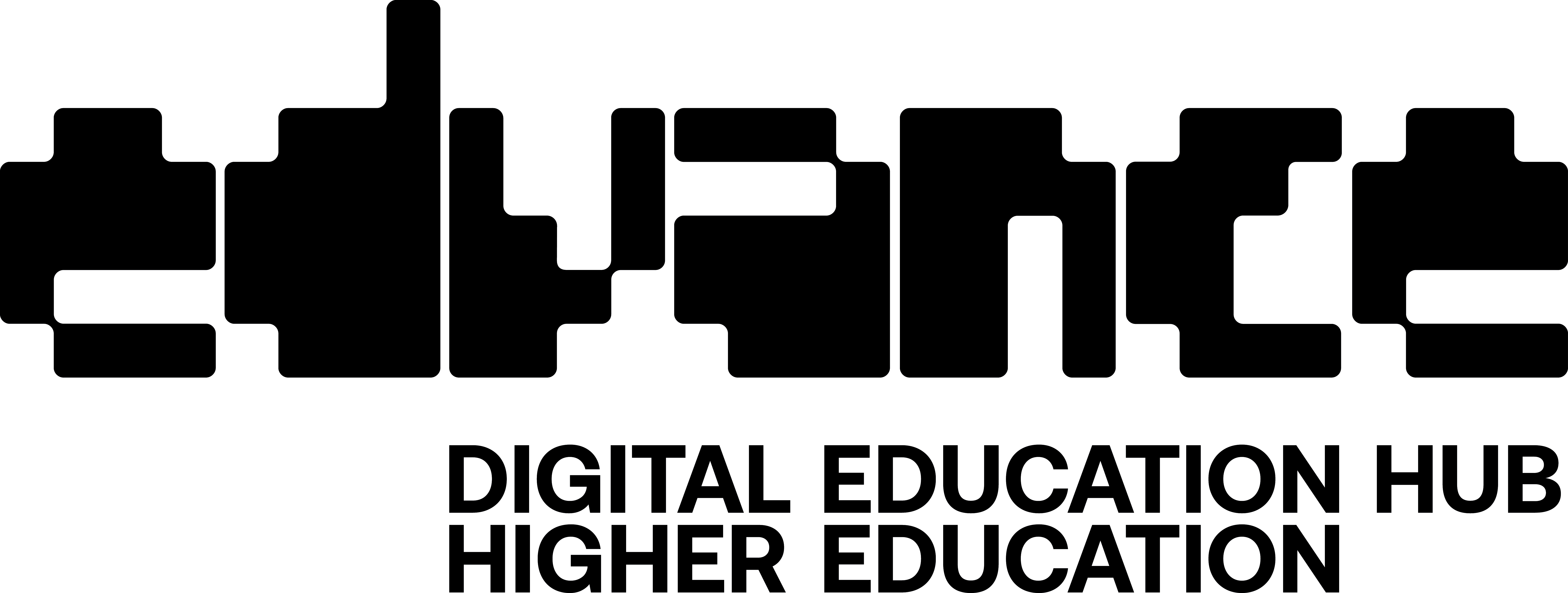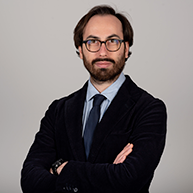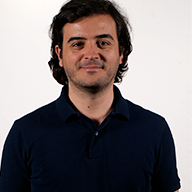Log in and enrol
Introduction to internet and networks
Introduction to internet and networks
Discover the Internet: how networks, protocols, and communication shape our digital world
Fundamentals of Communication Networks
This MOOC is one of the MOOCs of the series titled “Fundamentals of Communication Network”, aimed at providing core knowledge on the functioning of the Internet and modern communication systems. The series covers all layers of the TCP/IP protocol stack, from application and transport to network and data link, addressing the key protocols, technologies, and performance principles that support global connectivity.
See the full seriesCourse description
The MOOC provides basic knowledge on the architecture and functioning of the internet and communication networks. It explores core concepts such as network structures, communication protocols, and performance metrics. The course is designed for Master of Science students and for anyone interested in the topic for personal or professional growth.
Total workload of the course: 6 hours
This MOOC is provided by Politecnico di Milano.
This MOOC was produced as part of the Edvance project – Digital Education Hub per la Cultura Digitale Avanzata. The project is funded by the European Union – Next Generation EU, Component 1, Investment 3.4 “Didattica e competenze universitarie avanzate".






Intended Learning Outcomes
At the end of this course, you will be able to:
- Identify the main components of the Internet infrastructure and define a network protocol
- Describe a computer network system in terms of functions and relations between network layers
- Describe the information transfer modes in terms of packet switching, circuit switching, datagram and virtual circuits
- Describe what is an Internet application and what are the Peer-to-Peer and Client and Server architectures
ESCO: Information and communication technologies (ICTS)
Prerequisites
No prerequisite knowledge is required for this course.
Activities
Over and above consulting the content, in the form of videos and other web-based resources, you will have the opportunity to discuss course topics and to share ideas with your peers in the Forum of this MOOC. The forum of this MOOC is freely accessible, and participation is not guided; you can use it to compare yourself with other participants, or to discuss course contents with them.
Section outline
-
-
-
-
Video transcripts Folder
-
Bibliography Page
-
Slides of the course Folder
-
Assessment
Your final grade for the course will be based on the results of your answers to the assessed quizzes. You have an unlimited number of attempts at each quiz, but you must wait 15 minutes before you can try again. You will have successfully completed the course if you score 60% (or higher) in each one of the assessed quizzes. The maximum score possible for each quiz is given at the beginning of the quiz. You can view your score in the quiz on your last attempt or on the 'Grades' page.
Certificate
You can achieve a certificate in the form of an Open Badge for this course, if you reach at least 60% of the total score in each one of the assessed quizzes and fill in the final survey.
Once you have completed the required tasks, you will be able to access ‘Get the Open Badge’ and start issuing the badge. Instructions on how to access the badge will be sent to your e-mail address.
The Badge does not confer any academic credit, grade or degree.
Information about fees and access to materials
You can access the course completely online and absolutely free of charge
Course faculty

Sebastian Troia
Politecnico di Milano - Department of Electronics, Information, and Bioengineering (DEIB) - Assistant Professor
Sebastian Troia is an Assistant Professor at Politecnico di Milano (Italy) and a Fulbright Fellow at the Erik Jonsson School of Engineering and Computer Science at the University of Texas at Dallas (USA). In 2020, he earned my Ph.D. degree in Information Technology (Telecommunication area) cum laude from Politecnico di Milano. In 2018, he became a partner at SWAN Networks, a spin-off of Politecnico di Milano that develops network orchestration and advanced algorithms for SDN and SD-WAN based networks. He joined the faculty at Politecnico di Milano as an Assistant Professor in 2022.
His current research interests are in the field of edge network softwarization and Machine Learning for communication networks. His work encompasses the development of intelligent control and orchestration plane architectures for SDN and SD-WAN in multi-layer (optical and IP) network scenarios. He has participated in various European Projects such as H2020 Metro-Haul, NGI Atlantic, and FP7 Marie Curie MobileCloud. Additionally, he served as an editor for the ITU Focus Group on Machine Learning for Future Networks including 5G (FG-ML5G).
He has co-authored more than 60 publications in international journals, conferences and book chapters, with a focus on Machine-Learning for SDN, SD-WAN and NFV. He is a reviewer for several international journals, and a member of the Technical Program Committee for international conferences and workshops including IEEE ICC and IEEE GLOBECOM. He has been also a member of the Organizing Committee for IEEE NetSoft, IEEE HPSR, NoF and DRCN. He is the co-organizer of the Edge Network Softwarization (ENS) workshop series that explores the challenges and opportunities of softwarization at the network edge, with a particular emphasis on cloud-native architectures, AI/ML integration, and the convergence of edge and cloud computing.

Mëmëdhe Ibrahimi
Politecnico di Milano, Department of Electronics, Information, and Bioengineering (DEIB) - Assistant Professor
Mëmëdhe Ibrahimi is currently an Assistant Professor (RTD-A) at Politecnico di Milano, Italy. He obtained an industrial Ph.D. in July 2022. His Ph.D. thesis, “Innovative cross-layer optimization techniques for the design of filterless and wavelength-switched optical networks,” is a collaboration between Politecnico di Milano and SM-Optics. His research interests are in the field of cross-layer network optimization including the physical layer and the network layer, and the application of machine learning for predictive maintenance in communication networks). Dr. Ibrahimi is the author of more than 30 papers published in international journals and conference proceedings, 3 book chapters, and co-winner of a best paper award.
Contact details
If you have any enquiries about the course or if you need technical assistance please contact pok@polimi.it. For further information, see FAQ page.